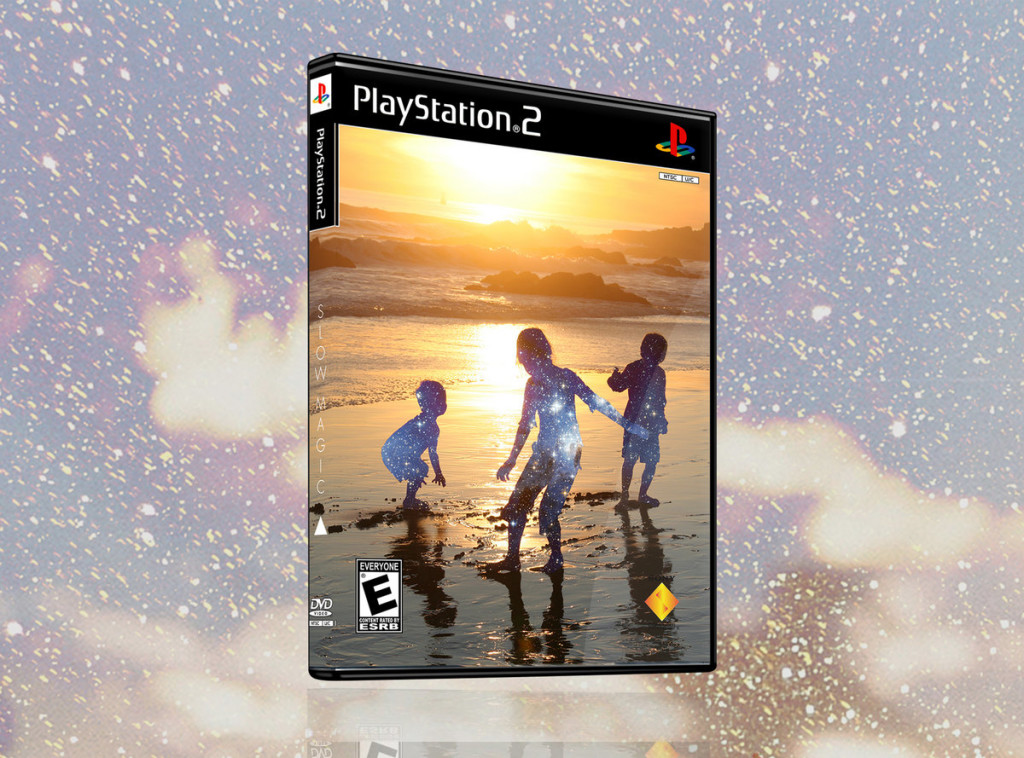Video killed the radio star, then reality TV killed MTV, then social media killed the Internet. Well, it’s back, all of it. Sort of. The Game Boy Advance will save us. And that brings us back to some retro Asheville chillwave from the more innocent age of 2012.
If you’ve been following glo-fi-post-vaporwave or what I’ll just call “extreme North Carolina chill,” you might already know the syrupy goodness of Slow Magic. If not, it’s some irresistibly pretty tunes, like a gentle summer lake swim – fuzzy, but also exquisitely produced. And there is an easy temptation to just wrap everything in gauze and effects and call it a day. I might just be projecting here, actually. This is great.
The debut ▲ – yeah, an upward-facing triangle – just turned a decade old, and so there’s a documentary version.
And Slow Magic are joining the trend of releasing on Game Boy Advance, though here adding the music videos. There’s something strangely enchanting about watching that lo-fi version instead of the usual HD streamed version. It’s enchanting enough that even comes through watching that video on YouTube, meta as I realize that is.
I love the authentic Game Boy packaging, too. For GBA nerds, Slow Magic has a collection of immaculate hardware and mods:
https://youtube.com/shorts/JZj788JziPM?feature=share
It’s funny to see all GBA models embraced – the chip musicians had some very strong opinions about the audio output on some of the 2000s models.
But yeah, that’s the American side of things – while in Germany Remute is all over various game formats, GBA included. You could even call it a comeback.
What interests me is that there’s tons of interest in this sort of physical release from the gaming world. For the collectors in that crowd, these formats make immediate sense. (I picked this up on an obsessive feature on Nintendo Life.)
Slow Magic has PlayStation 2 and bootable Dreamcast discs, too:


So this doesn’t even have to make particular sense to the typical music fans and their formats. It gets music into an entirely different audience. I was going to contrast that to NFTs, but really, it’s a mirror version of the same phenomenon – a music release in a novel format that then appeals to an audience collecting that format outside of the typical music fanbase.
Whether the GBA carts win you over or not, there’s also a documentary of this first album:
If you prefer your usual watching setup, here you go: